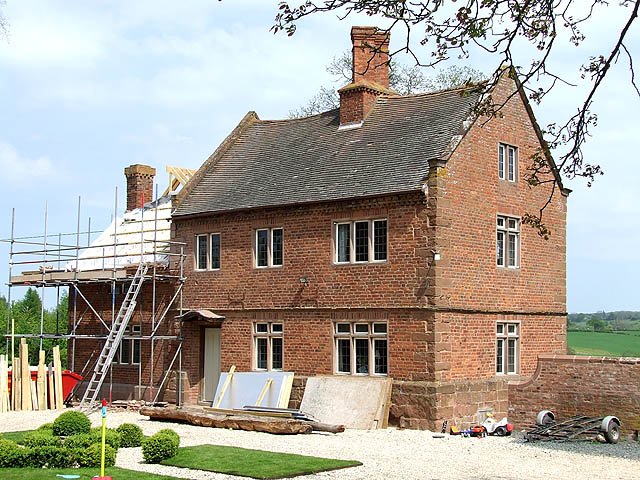5 Ways That Pests are Decreasing the Value of your Home

If you’re like many other property owners, you’ve put a great deal of time and energy into your largest investment, your home.
Like so many house buyers in the UK, there’s a chance you’ve purchased a property that requires work doing to it, or if not, you’re likely to find something that needs doing in the future. And in times of cost-cutting, opting to sweat over the project yourself is cheaper than calling in the professionals. After all, you know better than anyone else the potential your home has.
After sweating one weekend at a time, improvement after improvement, you’re closer to living in the house of your dreams. But here’s the catch, limited resources aren’t the only impediment of your progress. More than you realise, pests are capable of undermining the quality and longevity of the home improvements you’ve laboured over for hours.
1. Decking
Building a deck on the back garden is perhaps one of the most popular landscaping remedies when it comes to making home improvements. But, no matter how satisfying that last plank is, it marks the beginning of on-going maintenance of your deck.
Unfortunately for you, your deck can be an attractive target for pests; rats and mice, in particular, are able to chew through wooden supports in order to nest or get material for a nest. Similarly, wasps and bees can nest in the space under the decking.
Both of these can render your hard work pointless and require even more to rectify the problem.
2. Chimneys
The warmth of a fire as you settle down to binge your favourite TV series with a takeaway is a highly sought-after night-in. So getting a wood burner or a fire is another home improvement high up on that list and depends on your home’s construction, design goals and functional needs.
No matter what approach you use, you need to install an exit-way for all the smoke being produced. You do, however, need to ensure that this doesn’t create an entrance-way for pests such as pigeons nesting or bees and wasps making their nests in the chimney.
Those that are constantly in use are not in as much danger, but dormant chimneys are at risk of becoming a pigeons next home. Simply putting a chimney cap in place can make a huge difference.
3. Wiring
Whilst it’s best to leave the complicated electrics to the professionals, some homeowners will get involved with the less complicated wiring tasks. When you do it yourself, however, you don’t benefit from the hard-won expertise and canny eye of the professional.
As professional electricians are no-doubt aware, rodents pose a risk that extends far beyond the kitchen cupboards. According to estimates, vermin could be one of the main causes of house fires in the UK, although officially labelled as ‘cause unknown’.
The last thing you want is your new home to have burnt down because of some chewed-through wiring that you failed to secure. Blocking gaps and cracks that allow rodents to enter is definitely worth it, and could save your home.
4. Foundation work
The basics of room/extension finishing – framing walls, putting up drywall and laying down floors are all fairly DIY-friendly. But this is a project with a long to-do list. Even if you hire a contractor to tackle the tasks that are beyond your capability, you can bet that, just like Rome, it won’t be built in a day.
Don’t let pests spoil the product of your weeks or months of labour. As a safeguard, whether on your own or alongside a pest professional, take the time to inspect the exterior walls.
If you do find any gaps or crevasses, it’s imperative that they’re sealed up immediately Only then can you consider your basement safe from rodents and wood-destroying insects that could wreak havoc.
5. Guttering
When it finally came time to replace or repair your old gutters, you dutifully brought out the extendable ladder and got to work. But if you haven’t gone near your gutters since, you may have provided perfect harbourage for pests of all kinds.
Unless your gutters are regularly cleared of leaves and dirt, they will inevitably clog up. From then on, it’s only a matter of time before rainwater pools and stagnates, becoming the perfect breeding ground for pests of all shapes and sizes.
As much as you may dread the task, not cleaning out your gutters every two months could allow some harmful pests to gather.
Solution
Apart from the treatments discussed with each point, here at Confirm A Kill, we’re experts in pest control, but most notably, pest prevention. We like to get to the site before it becomes an issue. If you’re working on a property and need our advice on what to do next, make sure you get in touch with us, on Facebook or Twitter, or alternatively call us on 0115 913 5724.
